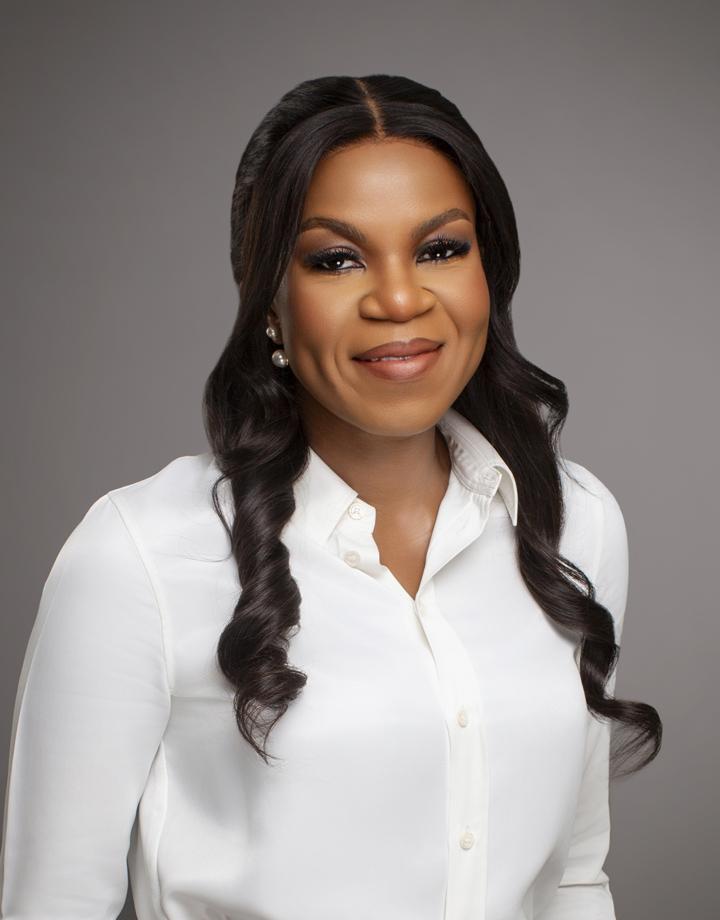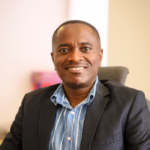By Damilola Ogunbiyi, CEO and Special Representative of the UN Secretary-General for Sustainable Energy for All, and Co-Chair of UN-Energy
Energy access is crucial for driving economic growth, yet Africa is confronted with a significant challenge. Approximately 600 million people in Africa still lack access to energy, while one billion do not have access to clean cooking solutions. Shockingly, only 1% of the energy workforce is Black. With Africa’s energy demand projected to triple by 2040, urgent interventions are imperative to address the current deficits and meet the escalating demand while reducing emissions.
Sustainable Energy for All (SEforALL) is an international organization hosted by the United Nations Office for Project Service (UNOPS), working globally to accelerate the energy transition in developing countries. SEforALL collaborates with governments and partners to eradicate energy poverty, promote renewable energy solutions, and combat climate change.
In 2024, SEforALL conducted an analysis to assess the global energy targets and the urgency required to achieve them. Drawing from the latest data in the Tracking SDG7: The Energy Progress Report 2024, the analysis focuses on electricity access, clean cooking access, renewable energy, and energy efficiency.
The analysis reveals that without increased ambition, the number of people in Africa without electricity access may remain stagnant by 2030. To achieve Sustainable Development Goal 7 (SDG7) by 2030, 157 million people need access to electricity annually, while 334 million people require access to clean cooking solutions.
While the challenges are immense, there are shining examples of leadership in Africa. Countries like Ghana, Kenya, and Rwanda are on track to achieve full electricity access by 2030, serving as beacons of inspiration for other nations.
Ghana has made significant investments in solar power, Kenya is diversifying its energy mix with geothermal, wind, and solar power, and Rwanda is enhancing energy access through innovative strategies and government commitment.
Africa boasts immense renewable energy potential, particularly in solar resources, yet currently accounts for only 1% of installed solar photovoltaic capacity globally. The continent heavily relies on diesel and petrol generators, spending nearly $20 billion annually on fuel. This dependency is both costly and unsustainable.
To harness Africa’s renewable energy resources, initiatives like Mission 300, led by the World Bank Group and the African Development Bank in collaboration with SEforALL, GEAPP, and The Rockefeller Foundation, aim to provide electricity access to 300 million people in Africa by 2030.
Mission 300 focuses on creating a sustainable energy infrastructure that supports economic growth and elevates the quality of life for millions. The development of National Energy Compacts outlines bold commitments and actions to advance energy access sustainably, supported by innovative financing mechanisms involving public, private, and philanthropic capital.
The energy transition in Africa presents a significant market opportunity, with renewables expected to meet a substantial portion of the growing power demand. SEforALL predicts the creation of up to 14 million energy transition jobs in Africa by 2030, fostering local green manufacturing hubs and promoting equity in the global energy markets.
SEforALL is a key partner of the Global Africa Business Initiative (GABI), which works to advance energy access and the energy transition across the continent. GABI’s ‘Unstoppable Africa’ event in New York annually engages in crucial conversations on energy access and transition, aiming to bridge the gap between Africa’s renewable energy potential and current deficits.
By encouraging investment in energy-transition technologies, GABI seeks to create jobs, enhance healthcare and education, promote digital inclusivity, and boost overall economic productivity in Africa. Through these efforts, GABI positions Africa as a significant player in the global energy landscape, paving the way for a sustainable future.
The energy transition in Africa is underway, but acceleration is necessary. With solutions at hand, it is time for action. Africa has the opportunity to power its future sustainably, equitably, and at scale.








